12 Strange Sleeping Habits Successful People Swear By
The sleep routines of highly successful people are anything but one-size-fits-all. Some of them—like starting the day at 3 a.m. or keeping the bedroom at near-Arctic temperatures—might sound unusual, but the people using them swear they’re part of a winning formula. The end goal could be productivity, clarity, or just pure restoration, but all these practices have one thing in common: they help high performers (and those who wish to join that club) wake up ready to own the day.
Up Before Sunrise (Yes, Really)
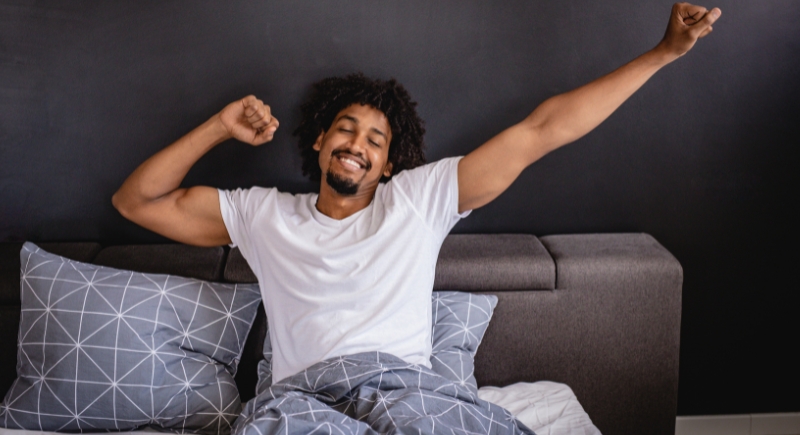
Credit: Getty Images
Apple CEO Tim Cook starts his day before sunrise. For him, those early hours offer a rare pocket of uninterrupted time. While it’s not for everyone, many leaders swear by pre-dawn wakeups to get a jump on planning, workouts, or creative work.
Daily Wind-Down Rituals
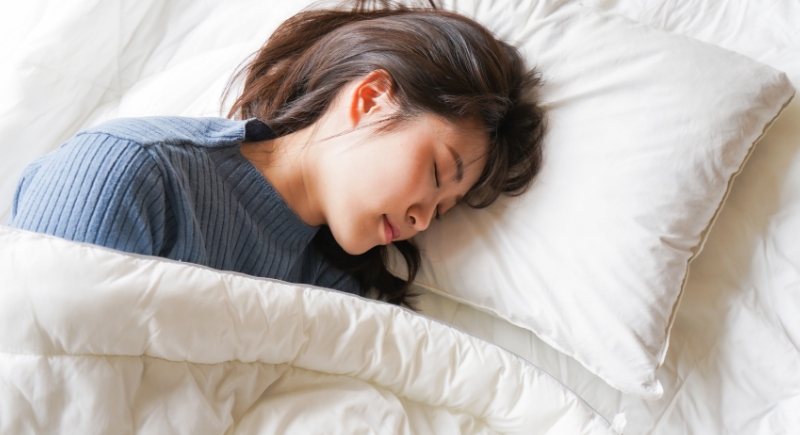
Credit: Getty Images
Many high achievers treat bedtime like a ceremony. Author Neil Gaiman reads fiction every night, and Sheryl Sandberg journals to clear her head. The key is consistency—having a routine that tells your body it’s time to shut down and recharge.
Cutting Out Late-Night Eating
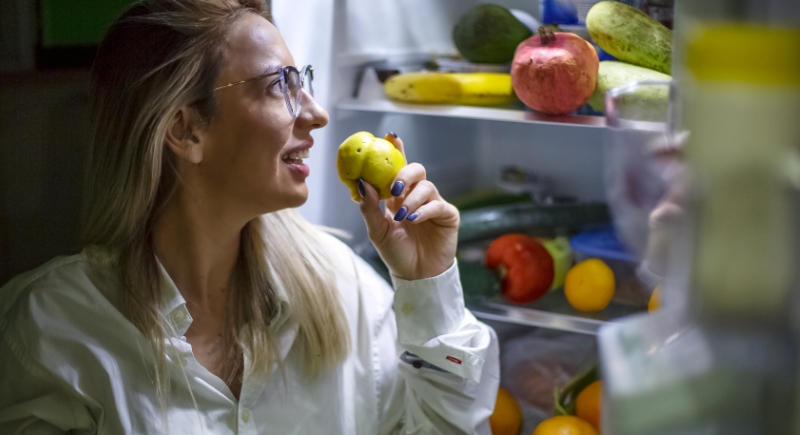
Credit: Getty Images
If anyone would know a thing or two about quality sleep, it would be an A-list athlete. Tom Brady won’t eat within three hours of bedtime—and he’s not alone. Digesting food raises core temperature and interferes with sleep cycles. Many successful people schedule dinner early to improve sleep depth and wake up feeling lighter and sharper.
No Screens One Hour Before Bed
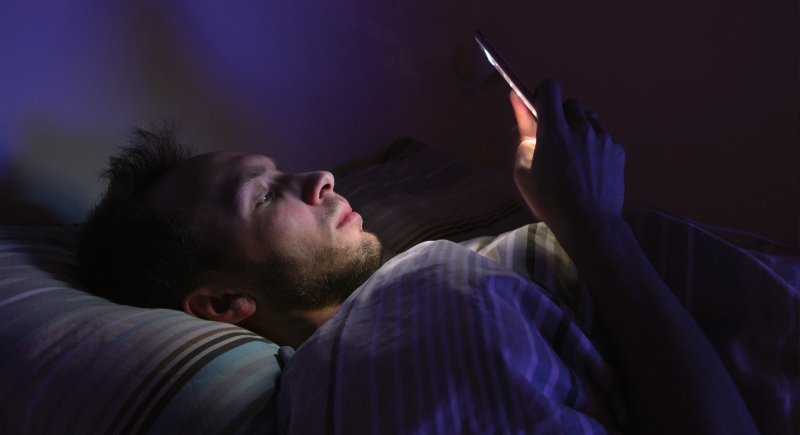
Credit: Getty Images
Billionaire Arianna Huffington is famously strict about screen curfews. Her bedroom is a phone-free zone. The goal is to protect melatonin production and calm the brain. Blue light is a known sleep disruptor, and many successful people power down early to wind down properly.
Sleep Tracking with Wearables
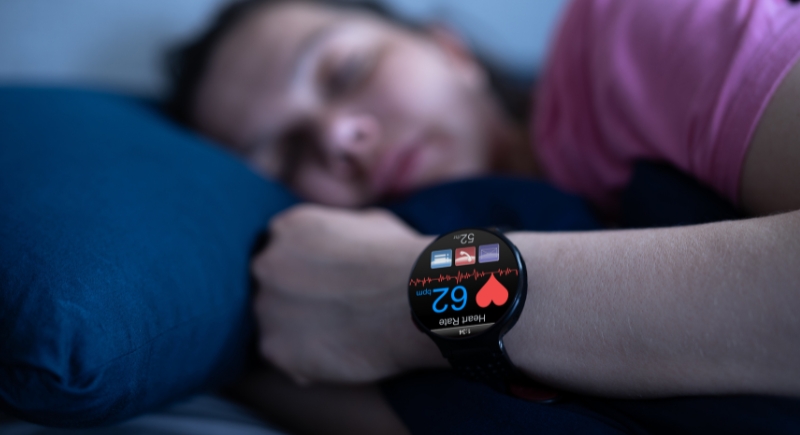
Credit: Getty Images
Biohacking is a thing, especially in Silicon Valley. Many execs use devices like the Oura Ring or Whoop band to monitor their REM cycles and adjust schedules accordingly. They treat sleep data the way others track stocks: as something to optimize and improve over time.
Cold Room, Warm Blanket
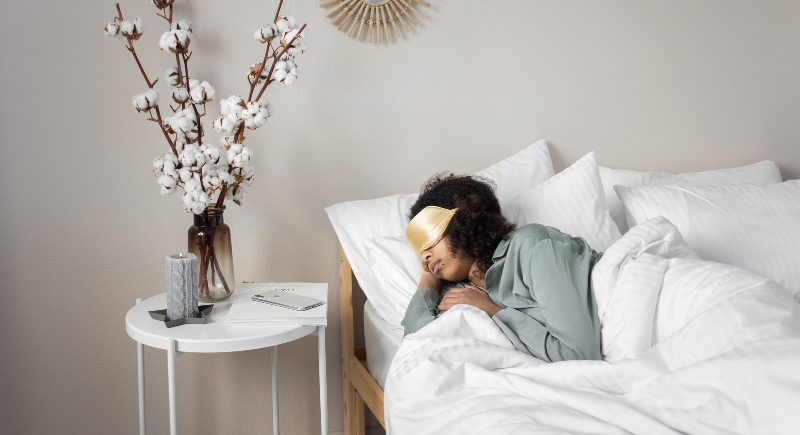
Credit: pexels
Jeff Bezos reportedly prefers a cooler bedroom, and science backs him up—around 60–67°F (15–19°C) is ideal. Cooler temps help your body drop into deeper sleep faster. Combine that with cozy bedding, and you’ve got the perfect recipe for a restorative night.
Power Naps During the Day
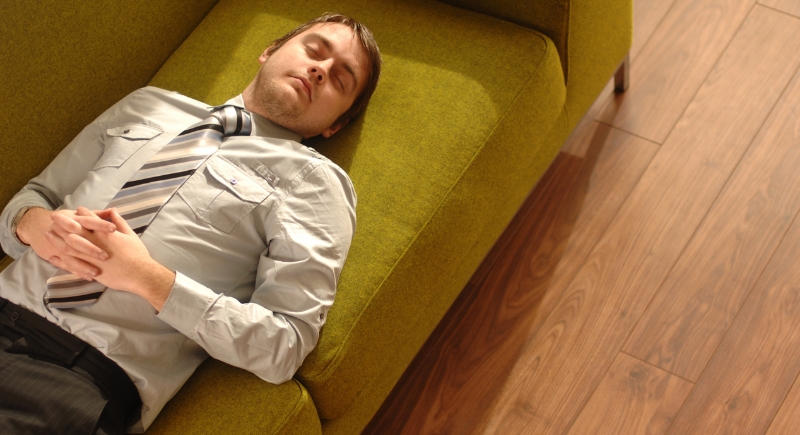
Credit: pexels
Naps might seem like a thing of the past to many of us today, but Salvador Dalí and Albert Einstein weren’t the only ones. CEOs like Brian Halligan have admitted to grabbing naps between tasks. Short naps can improve memory, boost alertness, and reduce stress, without the grogginess of longer sleep cycles.
Meditation Before Bed
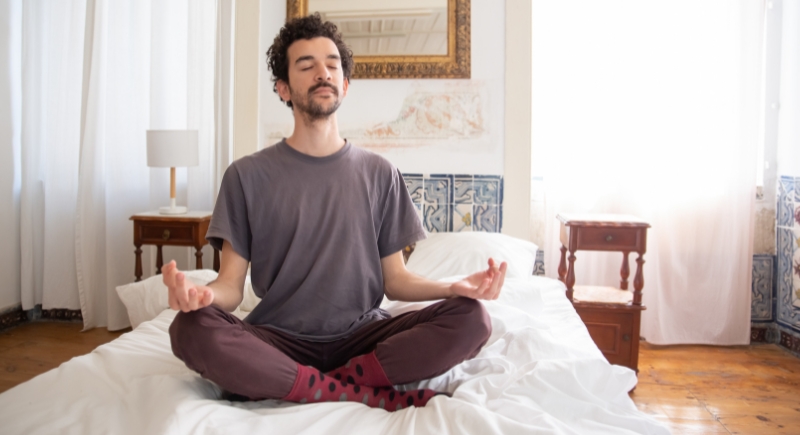
Credit: pexels
Instead of mindlessly scrolling, top performers like Ray Dalio meditate to transition into sleep mode. A short, focused session helps reduce cortisol levels and anxiety, two major sleep disruptors. It also sets a more mindful tone for the night ahead.
Sleeping Solo (on Purpose)
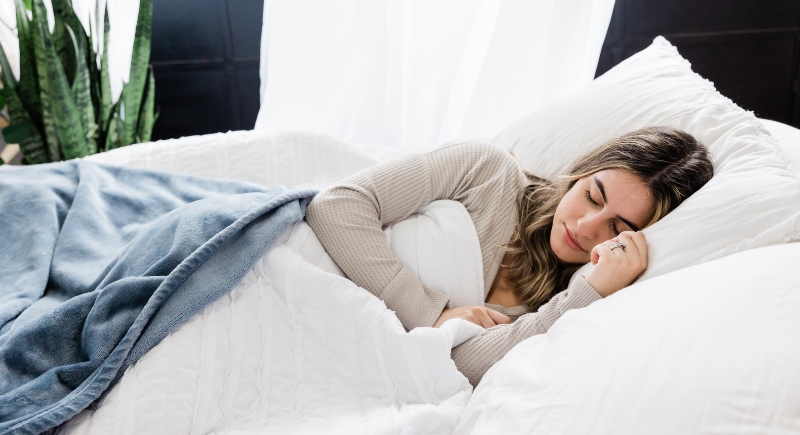
Credit: baseimage
More couples than you’d think sleep in separate beds—and not for the reasons you assume. Barbara Corcoran and others have mentioned the value of quality rest over shared sleep. Snoring, movement, and mismatched schedules can hurt sleep hygiene, so solo slumber isn’t necessarily a sign of trouble.
Weighted Blankets for Stress Relief
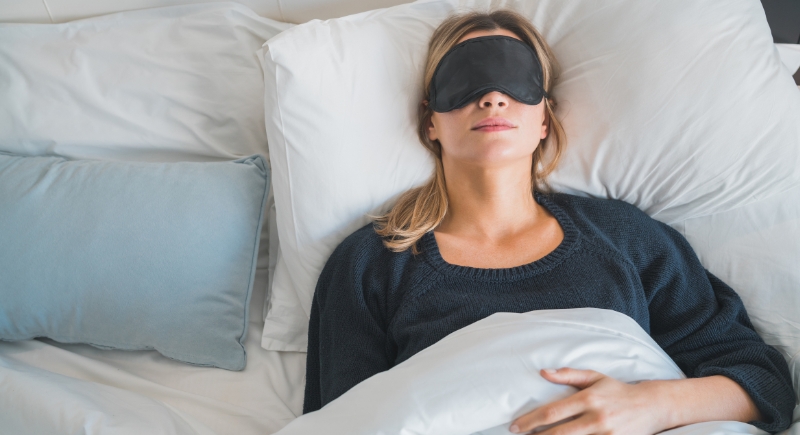
Credit: Getty Images
These aren’t just trendy. Some execs use weighted blankets to reduce anxiety and simulate deep pressure therapy. The result? Faster sleep onset and deeper rest. Think of it as a low-tech tool for high-stress lives.
Limiting Alcohol Before Bed
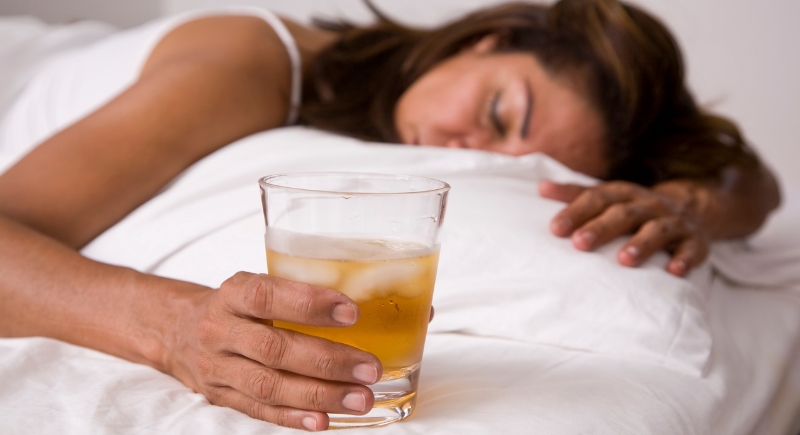
Credit: Getty Images
It may feel like a nightcap helps, but alcohol messes with REM sleep. That’s why many in high-stakes roles steer clear of evening drinks. Better sleep means better decisions, and blurry nights rarely lead to bright mornings.
Blackout Curtains or Sleep Masks
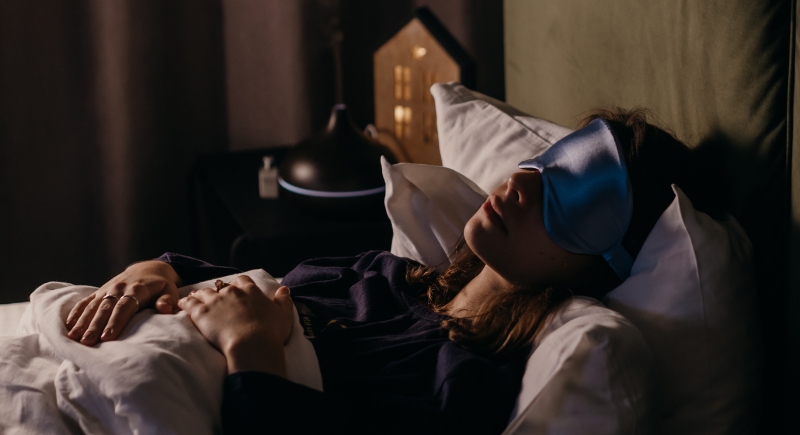
Credit: pexels
Sleep environments are carefully curated by many top performers. Absolute darkness—whether from blackout curtains or a silky eye mask—signals the brain to produce more melatonin. Many pros treat their bedrooms like sleep sanctuaries, not second offices.
Sleep Consistency Over Quantity
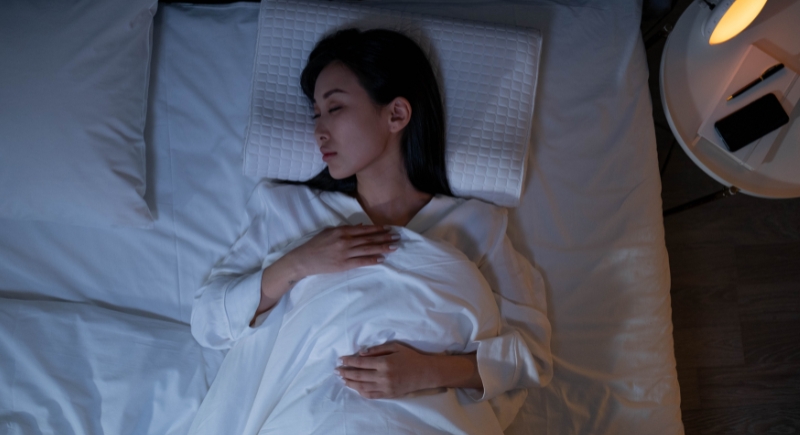
Credit: pexels
Rather than chasing 10 hours, many successful people aim for consistency. Same bedtime, same wake time—even on weekends. This keeps their circadian rhythm locked in and prevents “social jet lag,” which can disrupt focus for days after.
No Caffeine After Waking Up

Credit: Prostock-studio
Even if coffee helps during the workday, it’s not what your body needs when you wake up. That’s why leaders like Jennifer Aniston never drink coffee right after waking up. Instead, she opts for a glass of warm water with lemon to hydrate the system.
Segmenting Sleep Into Phases
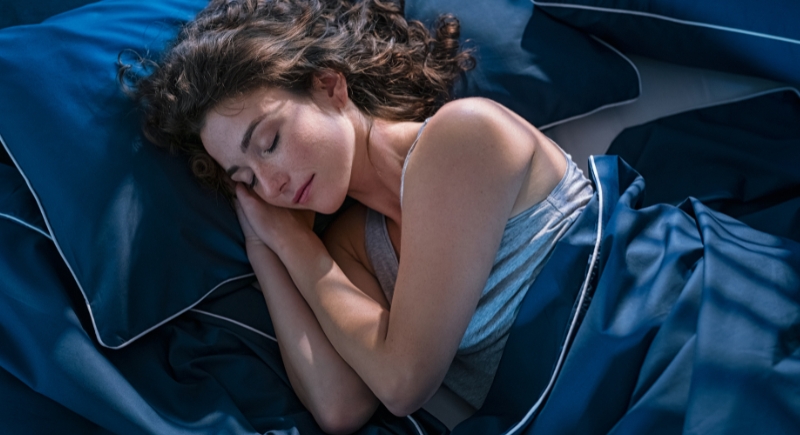
Credit: Rido
Some high performers—especially creatives—break sleep into segments. Instead of a straight 7–8 hours, they nap in blocks or practice “biphasic sleep,” with a core rest period and a short one later. It’s unconventional, but it unlocks surprising productivity for a few lucky night owls.